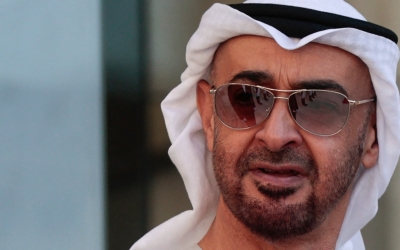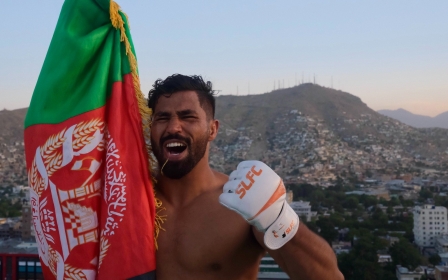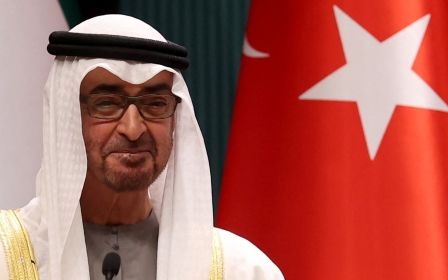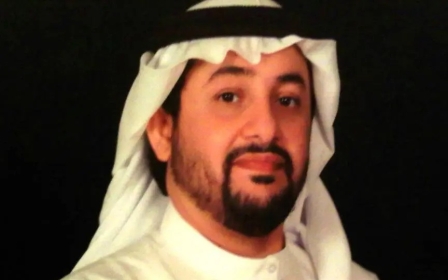UAE-backed UN resolution sparks concerns over use of ‘extremism’
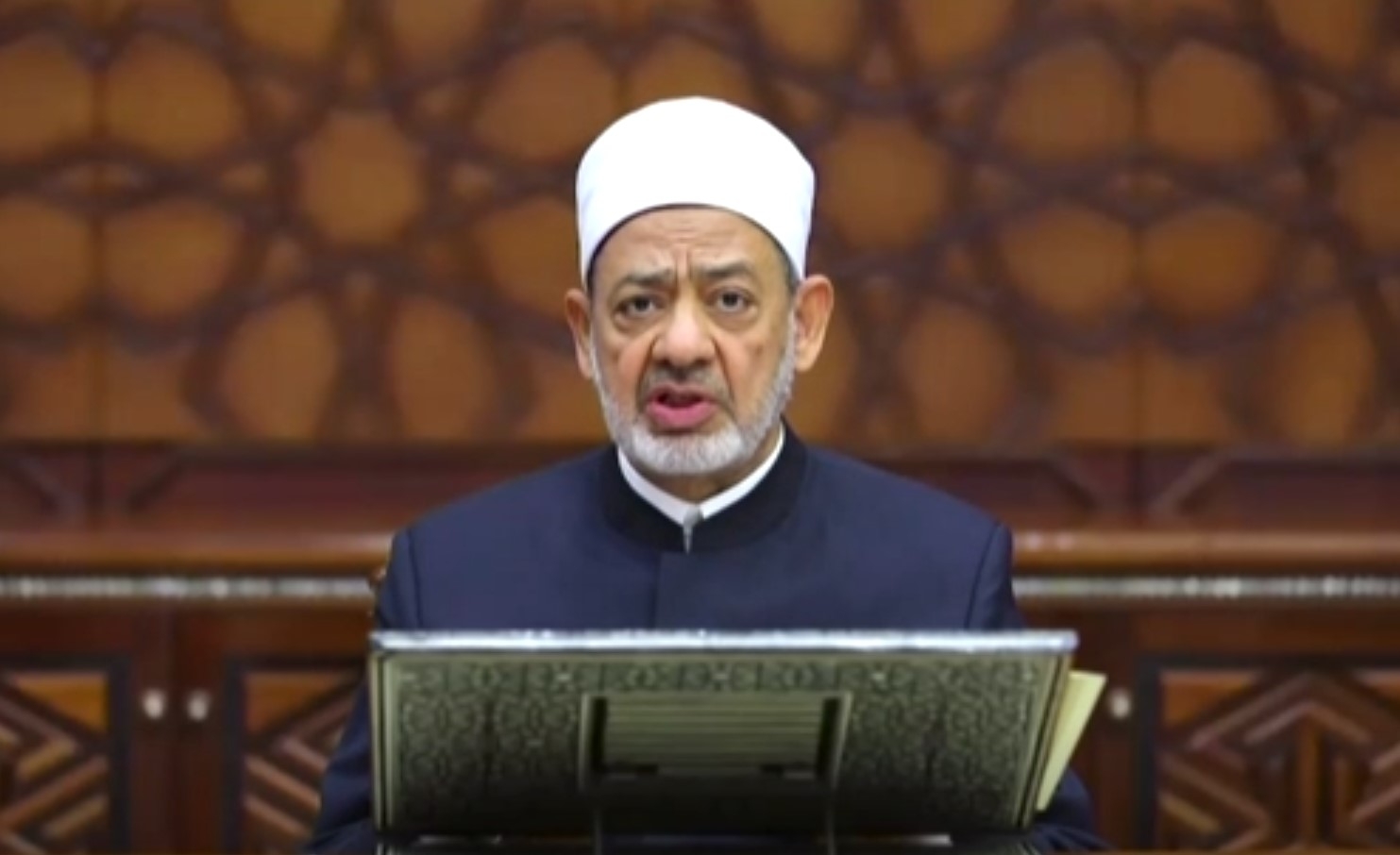
A United Nations Security Council resolution calling on member states to recognise and condemn the role of extremism and hate speech in stoking conflict could be used to stifle free speech and political dissent, critics have warned.
The resolution was unanimously adopted on Wednesday following a meeting convened by the United Arab Emirates, which currently holds the rotating chair of the council, on "the values of human fraternity in promoting and sustaining peace".
The UAE proposed the resolution jointly with the United Kingdom.
The meeting was addressed by Ahmed el-Tayeb, the grand imam of Al-Azhar Mosque in Cairo, who was invited to speak by the UAE, as well as by Archbishop Paul Richard Gallagher, the Vatican's foreign minister, and UN Secretary General Antonio Guterres.
Tayeb opened his remarks by lauding Egypt as an “oasis of peace” and a “home to peace and security”, following up with praise for the UAE.
New MEE newsletter: Jerusalem Dispatch
Sign up to get the latest insights and analysis on Israel-Palestine, alongside Turkey Unpacked and other MEE newsletters
“This Arab, Islamic nation spares no effort in promoting peace among people and strengthening the principles of human fraternity, mutual respect, and coexistence,” he added.
Since President Abdel Fattah el-Sisi came to power in a 2013 military coup, his government has run roughshod over basic components of governance, with civil society organisations crippled by draconian laws prohibiting NGOs from engaging in public affairs.
'This is tantamount to the UNSC giving a stamp of approval to target anyone "extreme"'
Naureen Fink, Soufan Center
In remarks opening the meeting, Guterres said that “hatred of the other” was at the “bloody heart of conflict” and described faith leaders as "vital allies in our shared quest for global peace".
Speaking ahead of the meeting, Lana Nusseibeh, the Emirati ambassador to the UN, told CNN: “We are highlighting that issues such as hate speech, racism, xenophobia, Islamophobia, Christianophobia, antisemitism, extremisms are root causes... and drivers of conflict."
The comments are likely to bring attention back to what activists say are Emirati efforts to deflect from criticism of its own human rights abuses.
Earlier this month, Human Rights Watch, Amnesty International and 40 other organisations said in a joint statement that the UAE was launching a “sustained assault” on human rights, while it used the criminal justice system as a “tool” to eliminate the human rights movement.
The UN resolution also prompted criticism because of concerns that its vague use of the term "extremism" could be used by states as a pretext to stifle dissent.
'Unfortunate precedent'
A draft of the resolution called on UN member states to “Recognize that hate speech, racism and all manifestations of extremism can contribute to driving the outbreak, escalation and recurrence of conflict, and undermine initiatives to address root causes of conflict and prevent and resolve conflict."
In comments on Twitter prior to Wednesday's meeting, Jordan Street, a senior policy and advocacy advisor at Saferworld, said the resolution appeared at odds with a “long-running precedent” at the UN to include the qualifier "violent" before extremism.
“Almost every human rights expert will tell you that because the term ‘extremism’ is so open to interpretation, it can be used (and abused) any way a state wishes,” he said in a tweet.
"This is tantamount to the UNSC giving a stamp of approval to target anyone ‘extreme.'”
Naureen Fink, executive director at the Soufan Center and a security expert, echoed those thoughts, warning that “violent” has always been placed before the word “extremism”.
“Should a text pass without it would indeed be a very unfortunate precedent,” she said in a tweet.
While the resolution was unanimously passed, several members of the Security Council nonetheless raised concerns about its language.
Adrian Dominik Hauri, the deputy Swiss ambassador to the UN, said the use of the term "extremism" left room for an interpretation that could be arbitrarily used against those exercising freedom of expression, and said the phrase should only be used to describe actions rather than ideas.
Vanessa Frazier, Malta's ambassador to the UN, said she understood the term to mean "violent extremism conducive to terrorism".
The debate is likely to revive questions about how the UAE uses its presidency of the Security Council. In 2015, the New York Times revealed that Nusseibeh was informed that the UAE was violating an international arms embargo in Libya.
The email leak revealed that Emirati diplomats worked to cover up the violation.
Middle East Eye delivers independent and unrivalled coverage and analysis of the Middle East, North Africa and beyond. To learn more about republishing this content and the associated fees, please fill out this form. More about MEE can be found here.


